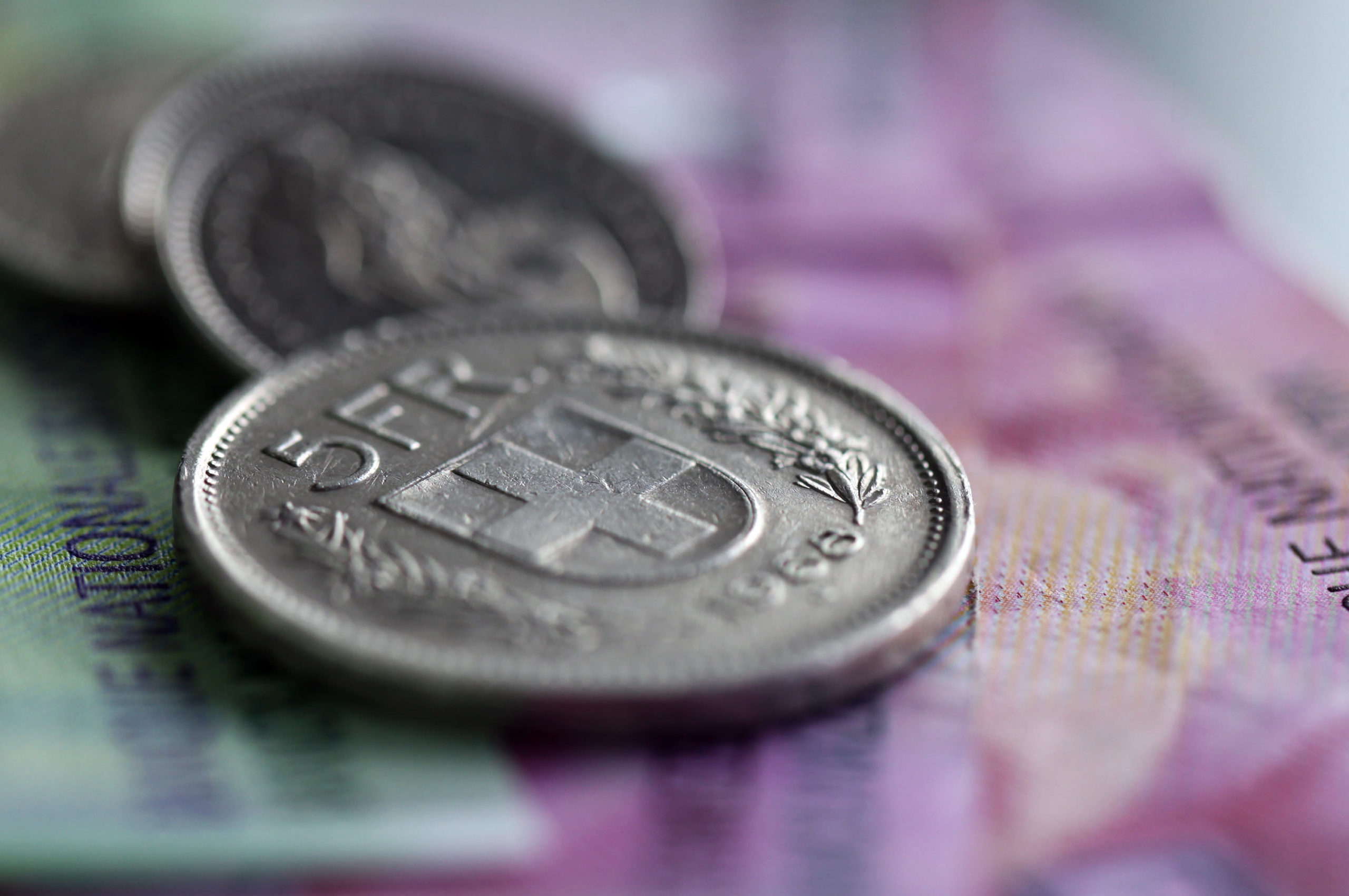- FG to Restructure, Recapitalise BoA With N500bn
The Federal Government has set up a 21-man steering committee to restructure and recapitalise the Bank of Agriculture.
The committee would commence the restructuring with N500bn and work within the next three to one month to actualise its goal.
Inaugurating the committee in Abuja on Monday, Vice President Yemi Osinbajo, urged the committee to work within a record time to actualise the goal.
He said the restructuring was aimed at revitalising the operations of the Bank to make it more responsive to its mandate.
Osinbajo, represented by the Minister of Agriculture and Rural Development, Chief Audu Ogbeh, said the restructuring, would strengthen the bank as a platform for providing loans to Small and Medium Enterprise farmers and cooperatives among others.
He said the approach was a pre-privatisation strategy preferred by the Federal Government to pave way for the injection of financial and other requisite resources into the Bank.
He said, “It is noteworthy that in its over 20 years of existence, the BoA has faced myriad of challenges which include, poor funding, poor stakeholder buy in, particularly Federal Government agencies and erosion of stakeholders funds.”
Ogbeh, also the Chairman of the committee, said the committee would commence the restructuring with N500bn and work within the next three to one month to actualise its goal.
The minister said the committee was expected to give the Bank a face-lift, look into the issues of staffing, electronic improvement, work in every community nationwide, provide credits to SMEs and to farmers small or big.
Ogbeh said the Central Bank of Nigeria would hand over the Anchor Borrowers Scheme to the Bank after the restructuring to effectively finance agricultural projects.
He said, “There will be a better run financed BOA so that the interest rate will be easily accommodated by farmers. We will recover some of the credits owed by farmers because some of them have offered to pay.”
The CBN Governor and a member of the committee, Mr Godwin Emefiele, described its Anchor Borrowers Programme which started in 2016 as `a success’.
He expressed optimism that the committee would work to ensure that the BOA achieved its aims and objectives in a very short time.
According to him, the loans that are currently given to farmers through the Anchor Borrowers Scheme is in a single digit
“The Federal Ministry of Agriculture is asking us to reduce the interest rate to about nine per cent to enable farmers buy inputs, go to the farm, make a living and feed the country,’’ Emefiele said.
The Managing Director of BOA, Prof. Danbala Danju, commended the Federal Government for its initiative to restructure the Bank.
He expressed regret over the bad and non- repayment attitude of farmers after collecting funds from the Bank.
Danju said the Bank was targeting single digit interest rate on loans to farmers by the end of the restructuring.
The managing director said the Bank would work with the private sector and the international development agencies to actualise their set target
He said, “The Bank needs to be recapitalised to energise the agriculture sector in line with best practices all over the world.
“We expect a restructuring plan that will look at our operating model, human resources and the entire business plan so that agriculture will be properly financed in Nigeria.
“Agriculture has been under-funded and the key challenge is how to source the fund so that we can assist farmers.
“The key challenge now is how we can reconstitute ourselves to properly identify farmers and ensure that when farmers are given loans and support, they pay back.”
The committee is made up of the Ministers of Finance, Industry, Trade and Investment, Planning and representatives from the BOA, ministry of Justice, Bureau of Public Enterprise, among others.
The nine members known as Project Delivery Team, would also assist the committee to deliver on the restructuring mandate.

 Forex2 weeks ago
Forex2 weeks ago


 Naira2 weeks ago
Naira2 weeks ago
 Billionaire Watch1 week ago
Billionaire Watch1 week ago
 Company News4 weeks ago
Company News4 weeks ago




 Naira2 weeks ago
Naira2 weeks ago




 Naira1 week ago
Naira1 week ago




 Naira4 weeks ago
Naira4 weeks ago
 Nigerian Exchange Limited4 weeks ago
Nigerian Exchange Limited4 weeks ago






















